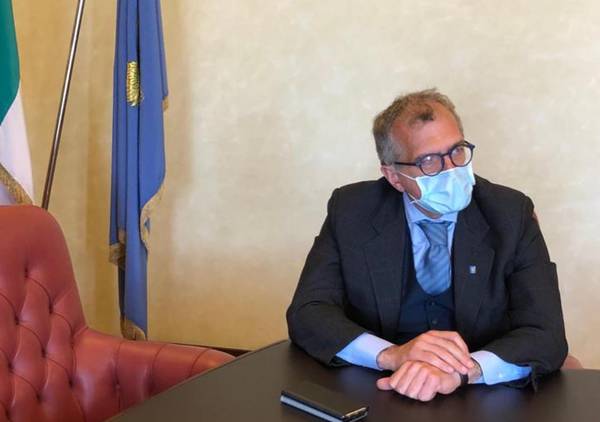President Fvg regional Council, deals with homogeneous areas
Even in tourism, to avoid a clash between the poorest countries
14 May, 11:17Are we ready for a border reopening? "I think that the government wants to take some more time to make a decision, we are now talking about June. We have been asking urgently for it: I had meetings recently, with other counterparts, with the president of the European Committee of the Regions, Apostolos Tzitzikostas, and the president of Trentino-Alto Adige/Südtirol, Arno Kompatscher, and I have underlined the problem of border relations which is not only related to cross-border commercial activities but also concerns the possibility of moving populations safely and allowing intervention on tourism which in FVG represents 10 percent of GDP, and is the most endangered sector." Some countries, however, are getting ready.
"Slovenia and Croatia are thinking of corridors for some countries, ruling out some others: Czechia, Germany. Italy has more difficulties because it is the hardest hit by the virus.
But more than competition between these regions there is a need to set up a complete, interconnected system that would allow greater returns also in the individual territories. We should avoid a clash between the poorest countries." Before COVID-19 there were close relations with Slovenia and Croatia. Has the situation changed? "Yes, with Slovenia and Croatia, thanks to the possibility of creating regulatory coordination on cross-border matters, with coherent and complementary legislation between our countries.
COVID-19 has however interrupted direct relations. These countries also oscillate between fear of Coronavirus and fear of economic recession, the first door to close, the second to open, but safely. Some choices they are making seem to me to be self-sufficient, aimed at defending themselves, and we also are doing it partially, but I think in the next few weeks if we want to win and not penalize the tourism market and other sectors, we will have to start thinking about homogeneity protocols for territories that had a coherent way of dealing with the crisis." (ANSA).














